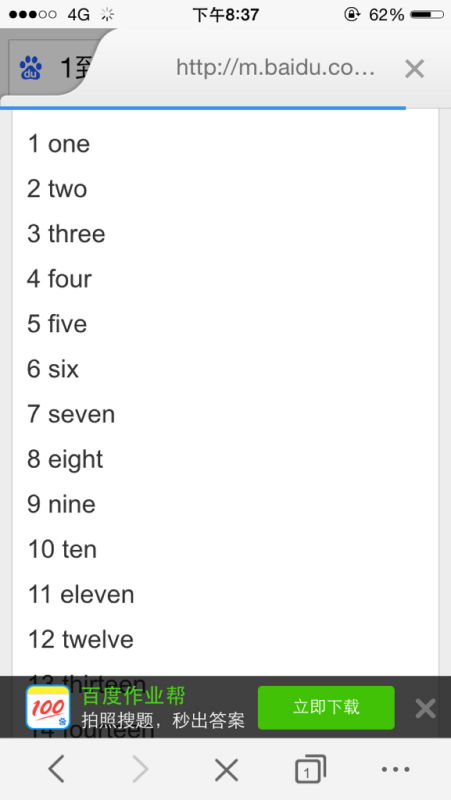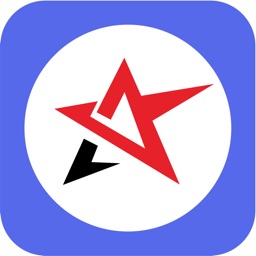What Time Is It Now?
What time is it now?" This simple yet ubiquitous question is one that we find ourselves asking countless times throughout the day. It's a question that bridges cultures, languages, and generations, uniting us in our shared need to keep track of time. Whether you're rushing to catch a bus, checking if it's time for lunch, or simply curious about the passing of the hours, "What time is it now?" is a question that's always on hand.

In English, the phrase is straightforward and direct, capturing the essence of the inquiry perfectly. It's a question that has evolved alongside our technological advancements, from the early days of sundials and water clocks to today's smartphones and digital watches that display the time with remarkable accuracy.

The Evolution of Timekeeping
Throughout history, humans have developed various methods to measure and keep track of time. Ancient civilizations relied on natural phenomena like the position of the sun and stars, the phases of the moon, and even the flow of water to estimate the time. As civilizations progressed, so did their timekeeping systems, evolving from crude markers on sticks to sophisticated clocks and calendars.

Today, we are blessed with a myriad of devices that can answer "What time is it now?" with unparalleled precision. From the humble wristwatch to the ever-present smartphone, access to the current time is just a glance or a tap away. In fact, many of us are now so accustomed to the constant availability of time information that we barely register the act of checking it.

The Importance of Knowing the Time
The reason "What time is it now?" is such a common question is rooted in the fundamental importance of time in our daily lives. It governs our schedules, helps us manage our tasks, and keeps us synchronized with the world around us. Whether you're a student planning your study sessions, a professional coordinating meetings, or a parent arranging pick-ups and drop-offs, knowing the time is crucial.
Moreover, time plays a vital role in our sense of order and productivity. By understanding how much time we have available, we can prioritize our tasks, set realistic goals, and avoid procrastination. It's the backbone of our daily routines, guiding us from one activity to the next with efficiency and purpose.
The Language of Time
Interestingly, the English language is rich in expressions and idioms related to time. From "time flies when you're having fun" to "time is money," these phrases reflect our cultural understanding of the importance and fleeting nature of time. They remind us to cherish every moment and make the most of our time, as it's something that can never be regained once lost.
The Future of Timekeeping
As technology continues to advance, we can expect even more sophisticated ways of keeping track of time. Wearable devices, smart homes, and artificial intelligence will likely play an increasingly significant role in our daily timekeeping routines. From predicting traffic patterns to optimizing our sleep schedules, these innovations will help us manage our time even more efficiently and effectively.
However, despite these advancements, the simple question "What time is it now?" will likely remain a staple of human conversation for generations to come. It's a question that reminds us of our shared humanity, connecting us across time and space in our common quest to understand and navigate the ever-present march of the clock.
In conclusion, "What time is it now?" is a question that transcends language, culture, and technology. It's a fundamental aspect of our daily lives, guiding us through our schedules, helping us stay organized, and reminding us of the preciousness of every moment. So, the next time you find yourself wondering, "What time is it now?" remember that you're not alone in your inquiry. You're part of a long tradition of humans seeking to understand and make the most of the time we've been given.
新锐游戏抢先玩
游戏攻略帮助你
更多+-
02/08
-
02/08
-
02/08
-
02/08
-
02/08









